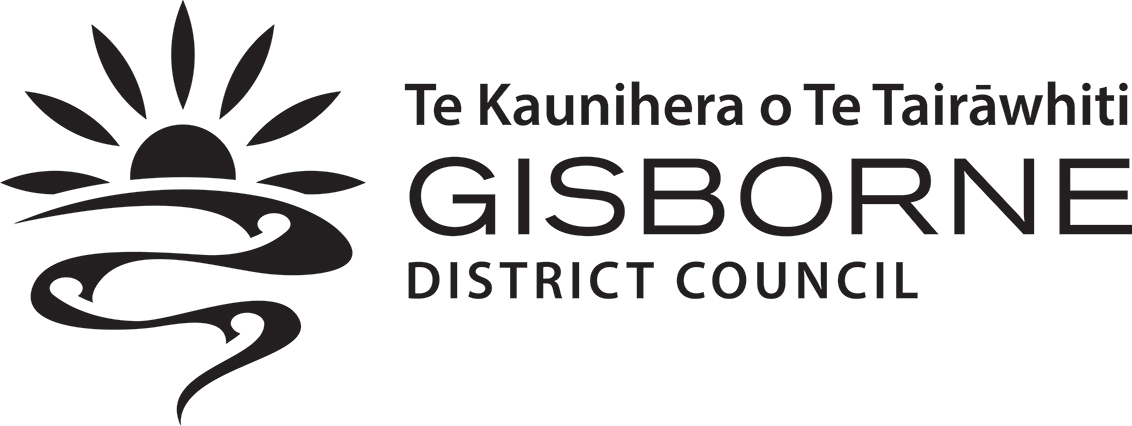Keeping chickens and poultry
We have a bylaw which sets out the requirements for keeping poultry, bees and other animals in urban areas in the Gisborne district.
- A property in an urban area must not keep more than 12 head of poultry, or any roosters, geese or peafowl.
- The poultry house and run must be at least 10 metres from any house or other sensitive use or be any closer than 2 metres from any neighbouring boundary.
- You need to make sure the poultry are confined to the property.
Otherwise you need to apply for a permit. See the Keeping of Animals Bylaw section (8).
Keeping bees
No more than 2 beehives can be kept on a property in an urban area, otherwise you need a permit issued by Council.
Bees must not be kept in a location or manner that's likely to become noxious, dangerous, injurious to health or a nuisance to any person.
For more information see section (9) of the Keeping of Animals Bylaw
Keeping pigs
No pigs can be kept on a property in an urban area, unless you have a permit issued by Council.
Keeping stock
No stock can be kept on a property in an urban area, unless you have a permit issued by Council.
Read the Keeping of Animals Bylaw
Application for keeping animals
Before you complete the form, you need to upload a map with your application. You can access a map of your property at Tairāwhiti Maps
